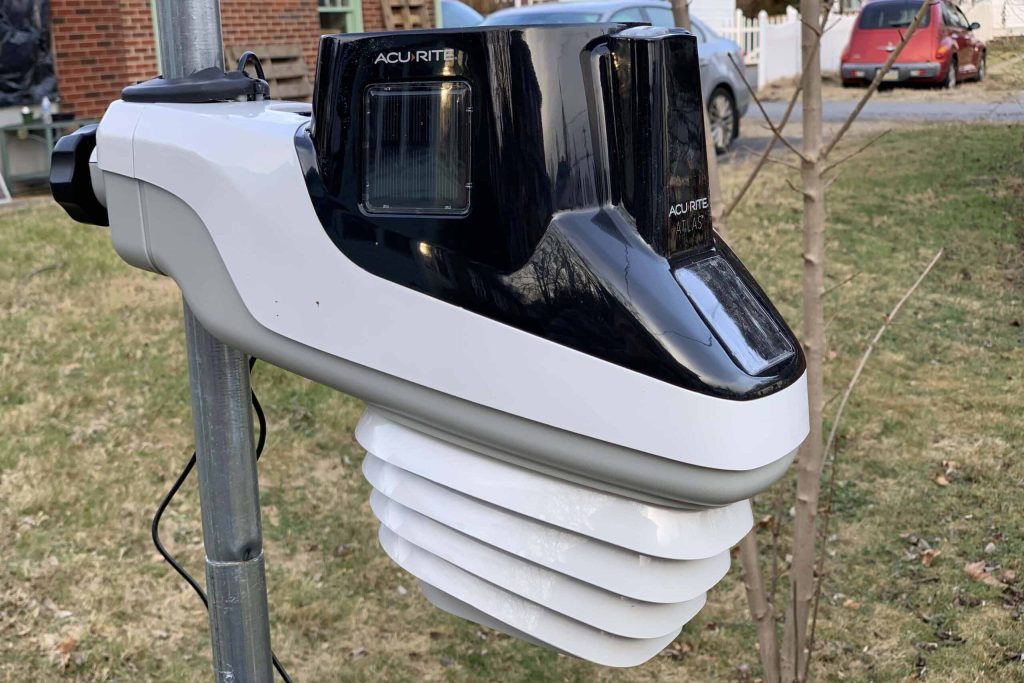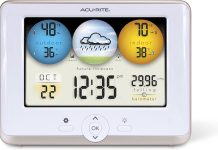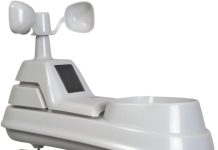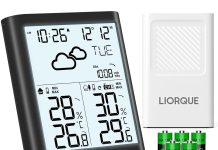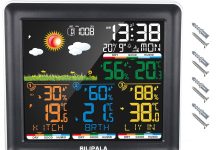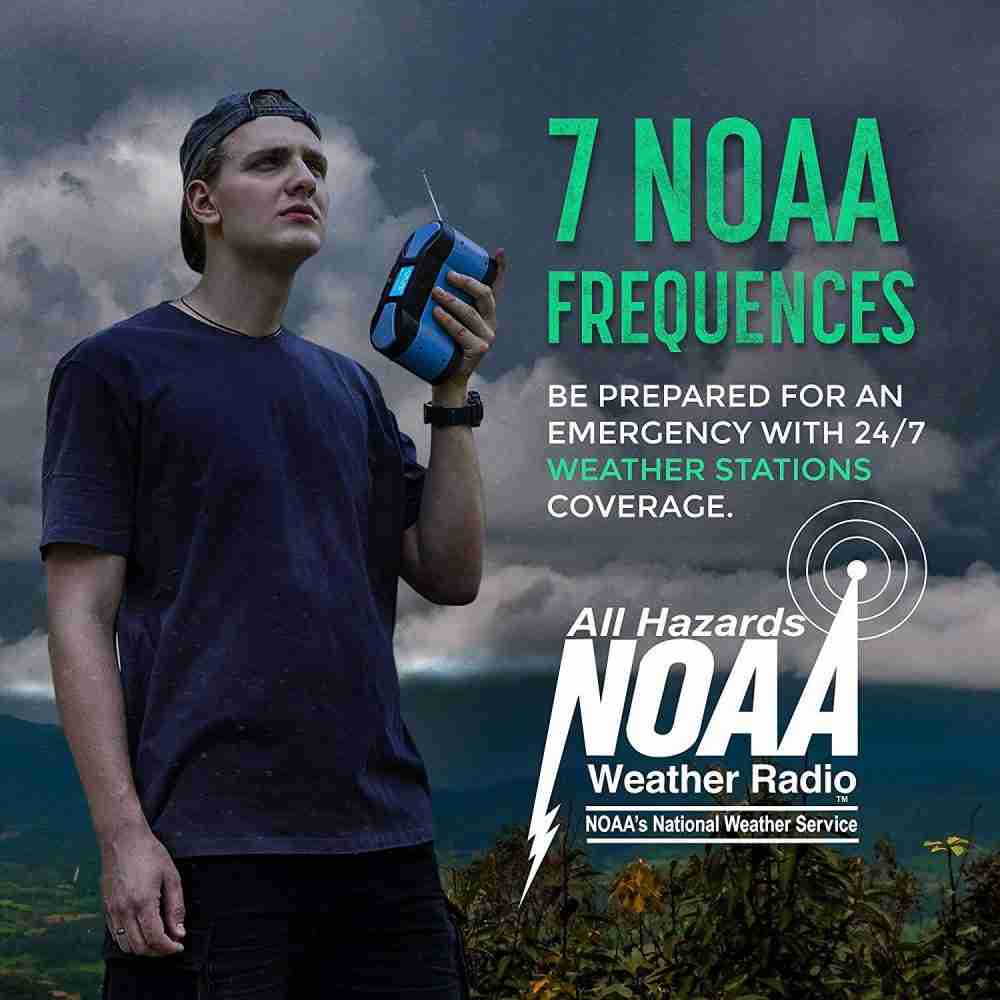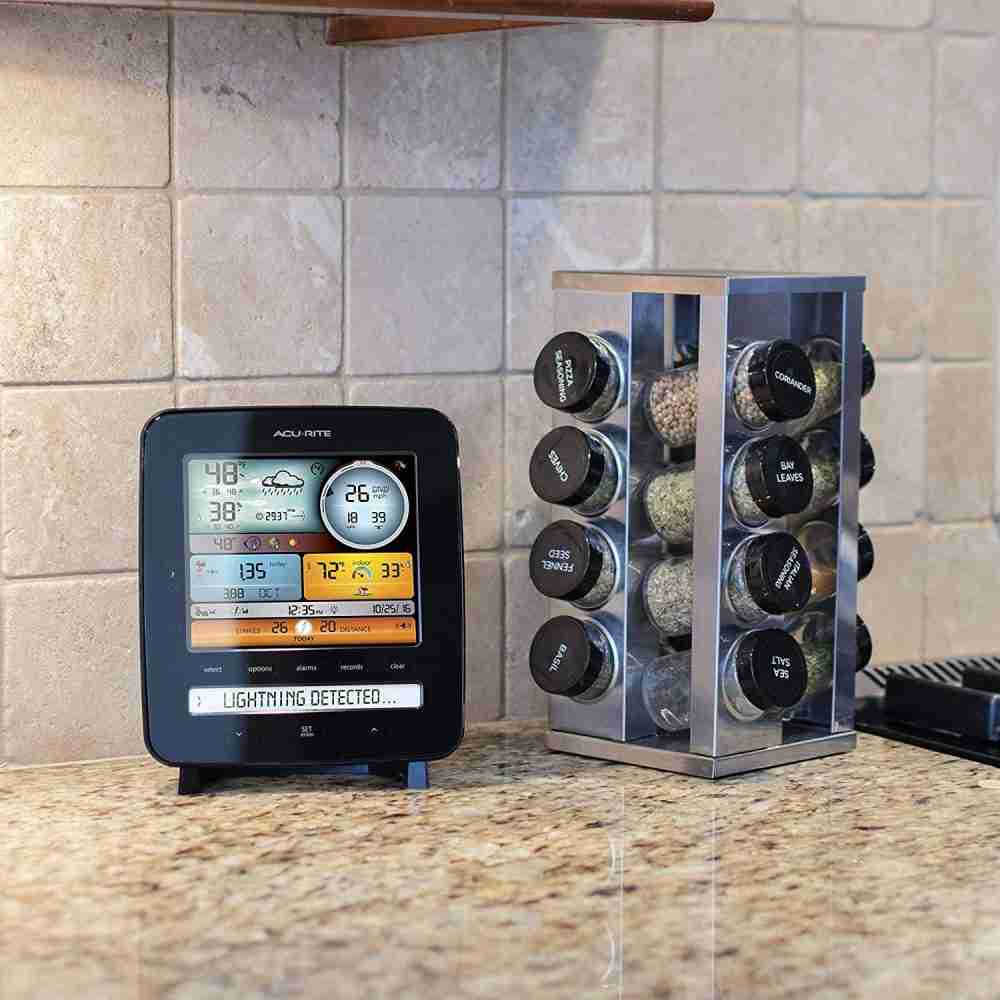Have you ever wondered how long a weather station can last? In this article, we will explore the fascinating lifespan of these crucial devices that keep us informed about the ever-changing climate.
From the durability of their components to the maintenance required, we will uncover the factors determining how long a weather station can effectively operate.
So, buckle up and prepare to be amazed by the remarkable lifespan of these indispensable meteorological instruments.
Factors Affecting Lifespan of Weather Stations
Weather stations are crucial in gathering accurate and timely data that helps us understand and predict weather patterns. However, their lifespan can vary depending on several factors.
In this article, we will delve into the various factors that can influence the lifespan of weather stations. By understanding these factors, we can ensure that our weather stations are built to last and provide us with reliable data for an extended period.
Quality of Materials and Construction
The quality of materials used to construct weather stations is crucial in determining their lifespan. Weather stations that utilize durable materials are more likely to withstand the test of time and withstand exposure to the elements.
High-quality materials, such as stainless steel or rust-resistant alloys, can help protect the station against corrosion and damage caused by harsh weather conditions. Additionally, weather stations that undergo stringent quality control during the manufacturing process are more likely to be built to last.
Maintenance and Upkeep
Regular maintenance and upkeep are essential to ensuring the longevity of weather stations. Regular inspections and cleaning can help identify any issues or malfunctions and address them promptly. It is essential to have a maintenance schedule to conduct routine check-ups and ensure that all weather station components are in optimal condition.
Repairs and replacements of faulty components should be done as soon as they are identified to prevent further damage or data inaccuracies. It is also crucial for weather stations to be compatible with upgrades and updates to keep up with technological advancements.
Exposure to Harsh Weather
Weather stations are designed to withstand various weather conditions, but prolonged exposure to extreme weather can significantly impact their lifespan. Heavy rainfall can cause damage to sensitive components, leading to data inaccuracies or complete failure.
Extreme hot and cold temperatures can cause wear and tear on materials and affect the station’s functioning. Strong winds can put excessive stress on the structure and compromise its integrity. In regions with snow and ice, weather stations must be equipped to handle the weight and potential damage caused by these elements.
Additionally, for stations located near coastal areas, saltwater exposure can accelerate corrosion and decrease the station’s lifespan.
Technological Advances
As technology continues to evolve, older weather stations may become obsolete. Technological advances can introduce new sensors and features that enhance the accuracy and efficiency of data collection.
Weather stations that cannot be upgraded or integrated with new technologies may have a limited lifespan. It is crucial for weather stations to be adaptable to change and capable of integrating new sensors and features to keep up with the advancements in the field.
Power Source
The power source of a weather station is another crucial factor in determining its lifespan. Battery-powered weather stations rely on the longevity of their batteries. Regular monitoring of battery life and timely replacement is necessary to prevent unexpected power failures.
Solar-powered weather stations, on the other hand, rely on the efficiency of solar panels to generate power. Ensuring the panels are clean and free from debris or blockages can help maximize their efficiency. Having backup power options, such as generators or secondary power sources, can provide an extra layer of protection against power failures and extend the station’s lifespan.
Location
The location of a weather station can have a significant impact on its lifespan. Weather stations in urban environments may face more pollution and air contaminants, potentially damaging sensitive components over time.
On the other hand, weather stations in rural environments may have better air quality. Still, they may face other challenges, such as exposure to wildlife or the need for additional protection against vandalism or theft.
Proximity to bodies of water can also impact the lifespan of weather stations due to increased humidity and the potential for water damage. Altitude differences can also affect the functioning of weather stations, as higher altitudes may have lower air pressure and different weather conditions that require specialized equipment.
Usage and Workload
The frequency of data collection and the number of sensors and instruments used in a weather station can influence its lifespan. Weather stations constantly collecting data and experiencing heavy workloads may experience more wear and tear on their components.
Regular inspections and maintenance become even more critical in these cases to ensure the station remains in optimal condition. Weather stations located in heavy traffic areas with a higher risk of damage or vandalism may require additional protective measures and more frequent maintenance.
Regular Inspections and Maintenance
Regular inspections and maintenance are vital for the longevity of weather stations. Testing sensor calibration ensures that the collected data is accurate and reliable. Cleaning sensors and instruments helps remove dirt, dust, or debris that could affect their performance.
Regularly replacing worn-out parts prevents further damage and extends the station’s lifespan. By following a comprehensive maintenance schedule, weather station owners can ensure that their stations remain in optimal condition and provide accurate data throughout their lifespan.
This image is the property of theweatherstationexperts.com.
Conclusion
The lifespan of a weather station can be influenced by various factors, including the quality of materials and construction, maintenance and upkeep, exposure to harsh weather, technological advances, power source, location, and usage and workload.
By considering these factors and implementing necessary measures, weather station owners can prolong the lifespan of their stations and continue to gather invaluable data for years to come.
The key lies in proactive maintenance, utilizing durable materials, keeping up with technological advancements, and ensuring that the station is well-suited for the specific environment in which it is located.
With proper care and attention, weather stations can provide accurate weather data for an extended period, allowing us to make informed decisions and predictions.
This image is the property of www.weatherstationdepot.com.


